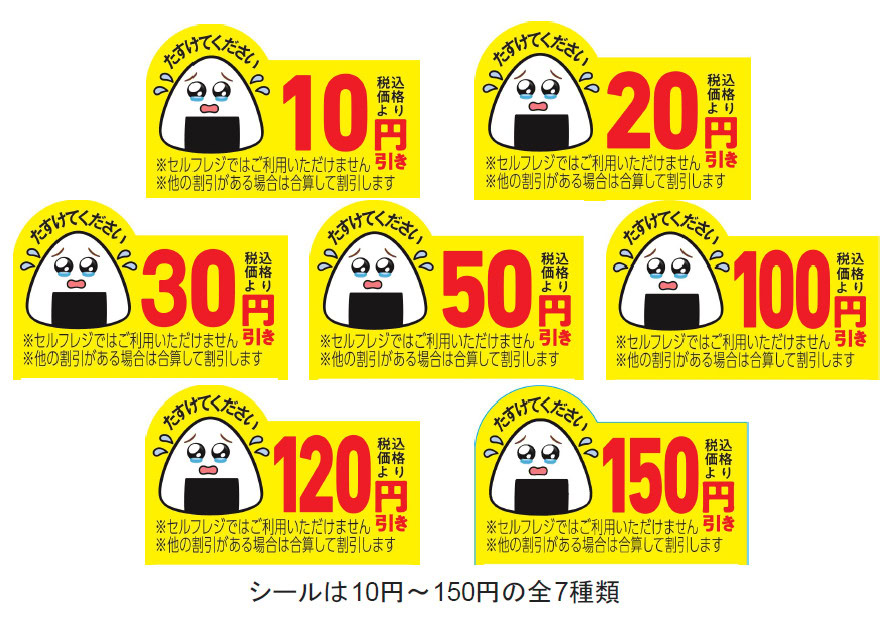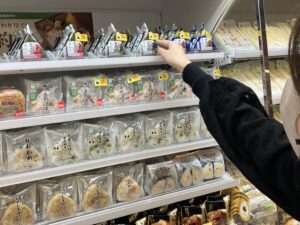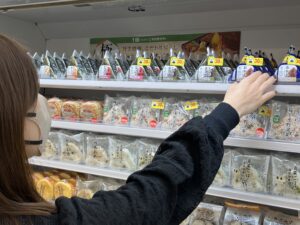Explore Tags
#GrupoAlen, #Carmen González-Valles, #Universidade da Coruña, #Automercado, #Colgate, #El Rosado, #Merco, #La Colonia, #Luiza Reguse, #Fernando González, #Sustainable Fisheries Partnership (SFP), #Fisheries and Food (MAPA), #Spanish Ministry of Agriculture, #Conxemar International Congress, #Ken Murphy, #OXXO, #Oonagh Turnbull, #mps-socially qualified, #Flora Food Group, #Daniela España, #business reponsibility, #Alejandro Martínez, #Expoflores, #Flor Ecuador Plus Certified®, #GLOBAL G.A.P, #Tamara Muruetagoiena, #IFPA Sustainability Council Meeting, #Sigma Alimentos,


 In fall 2024, FamilyMart launched pilot tests with the new “Teary-Eyed Sticker”, applying it to nearly expired food items. The sticker was designed not only to convey urgency but also to evoke empathy, transforming the customer from a passive buyer into an active participant in reducing food waste.
In fall 2024, FamilyMart launched pilot tests with the new “Teary-Eyed Sticker”, applying it to nearly expired food items. The sticker was designed not only to convey urgency but also to evoke empathy, transforming the customer from a passive buyer into an active participant in reducing food waste.